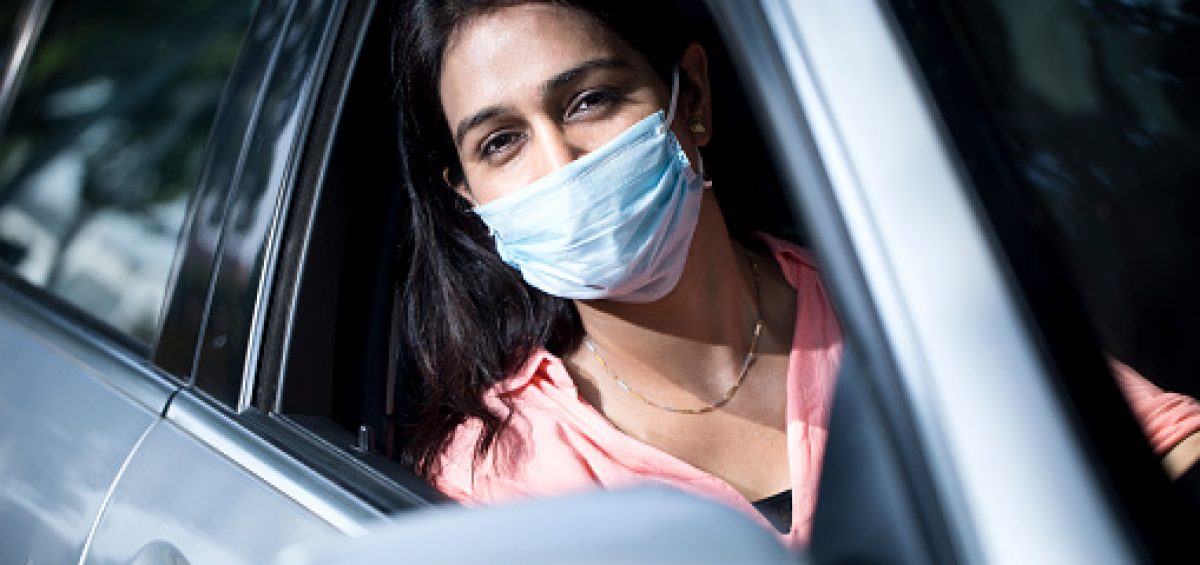Medicinal cannabis i.e., medicinal hemp refers to any extract or tincture of cannabis. While growing cannabis still a crime as per the NDPS Act, some states allow the cultivation of cannabis for medicinal or research like Uttar Pradesh.
Theme: Public Health
If I’m running away with drugs, can the officer/s shoot at me?
Yes, If you are running away with drugs using an animal or a conveyance, then they can shoot the animal or the conveyance. But if you are running away on foot, then the officer cannot directly shoot at you.(( Section 46, Code of Criminal Procedure, 1973.))
Can a seizure of drugs happen in a public place?
Yes, a seizure can happen in a public place. The authorised officer, in this case, can seize in any public place or in transit and drugs or substances which he suspects is punishable under the Act. They can also seize any animal, conveyance or article, which can be confiscated under this Act. It is also important to note that the officer can detain and search any person who has any drugs or substances in their possession which appears to him as unlawful.(( Section 50(5), Narcotic Drugs and Psychotropic Substances Act, 1985.))
I found out that someone has been growing weed on my land. What can I do?
If someone is illegally growing opium poppy, cannabis or coca plant on your land, you must immediately inform the police. If you don’t you can be punished for negligence.(( Section 46, Narcotic Drugs and Psychotropic Substances Act, 1985.))
Application form for Certificate of Death
Topic: Covid-19
Source: New Delhi Municipal Council
Self-Declaration for Travelling in your Private Vehicle during Covid Template
Topic: COVID-19
Source: Kerala Media Police Template, Delhi Police
Duties of Educational Institutes
The owner/manager of an education institute must ensure that a board is displayed at a conspicuous place outside the institute, which states the following:(( Section 3, the Cigarettes and Other Tobacco Products (Display of Board by Educational Institutions) Rules, 2009.[↩]))
- The sale of cigarettes and other tobacco products is strictly prohibited within 100 yards of the institute. The distance measured radially from the outer boundary of the institute.
- The punishment(( Section 24 of the Cigarettes and Other Tobacco Products (Prohibition of Advertisement and Regulation of Trade and Commerce, Production, Supply and Distribution) Act, 2003.[↩])) is a fine of Rs. 200.
Punishment
You cannot sell tobacco products within 100 yards of an educational institute. The punishment is a fine of Rs. 200.(( Section 24, the Cigarettes and Other Tobacco Products (Prohibition of Advertisement and Regulation of Trade and Commerce, Production, Supply and Distribution) Act, 2003.[↩]))
Immunity for addicts volunteering for treatment
Trigger Warning: The following content contains information on drugs and narcotics which some readers may find disturbing.
If an addict who is charged for consuming narcotic drugs or psychotropic substances or any other crime in relation to a small quantity of that drug or substance voluntarily seeks to undergo medical treatment for de-addiction, he will not be prosecuted. The law affords immunity to such persons who are looking to rehabilitate and treat themselves(( Section 64A, Narcotic Drugs and Psychotropic Substances Act, 1985))
This treatment must be done at:
- A hospital or institution maintained by the government
- A hospital or institution recognised by the government
- A local authority as provided in the NDPS Act.
It is important to note that this immunity can be withdrawn if the addict does not undergo the complete treatment for de-addiction(( Section 64A, Narcotic Drugs and Psychotropic Substances Act, 1985))
What is Covid-19 ?
Coronavirus disease (Covid-19) is an infectious disease caused by a newly discovered coronavirus i.e. severe acute respiratory syndrome coronavirus 2 (SARS-CoV-2). First identified in Wuhan, China, in December 2019, the World Health Organization (WHO) declared the outbreak to be a pandemic on 11 March, 2020.
Common Symptoms
According to the WHO, those infected with COVID can display any of the following symptoms:
| Most common | Less common | Serious |
|
|
|
Prevention MethodsIt is also possible for a person to carry the infection without displaying any symptoms. This person can still transmit the disease to someone else.
According to the WHO, to prevent infection:
- Wash hands regularly with soap and water, or clean them with alcohol-based hand rub.
- Maintain at least 1 metre (3.2 feet) distance from people coughing or sneezing.
- Avoid touching the face.
- Cover the mouth and nose when coughing or sneezing.
- Stay home if unwell.
- Refrain from smoking and other activities that weaken the lungs.
- Practice physical distancing by avoiding unnecessary travel and staying away from large groups of people.
Read our explainer to understand more on how Covid-19 is an epidemic as well as a notified disaster in India.
New strains of the Coronavirus(( Your Health, Covid-19, Centers for Disease Control and Prevention, accessed at https://www.cdc.gov/coronavirus/2019-ncov/transmission/variant.html))
Over time, multiple new variants of coronavirus have been identified in different parts of the world. These include:
- The B.1.1.7 variant in the United Kingdom
- The B. 1.351 variant in the South Africa
- The P.1 variant in Brazil
Cigarettes and Tobacco Products
Under the law, tobacco products refer to(( Schedule I, the Cigarettes and Other Tobacco Products (Prohibition of Advertisement and Regulation of Trade and Commerce, Production, Supply and Distribution) Act, 2003.[↩])) products like:
- Cigarettes
- Cigars
- Cheroots (a cigar which is open on both ends)
- Beedis
- Chewing Tobacco
- Snuff
- Cigarette tobacco, pipe tobacco and hookah tobacco
- Pan masala
- Gutka
- Tooth Powder containing Tobacco
A cigarette is a roll of tobacco wrapped in paper or in any other material. However, under the law beedis, cheroots and cigars are tobacco products, not cigarettes(( Section 3(b), the Cigarettes and Other Tobacco Products (Prohibition of Advertisement and Regulation of Trade and Commerce, Production, Supply and Distribution) Act, 2003.[↩])).
Indian law, governs the production, sale, distribution, consumption of advertisement of cigarettes and tobacco products. For example, smoking in a public place is not allowed, as is sale to a minor person and advertisement of tobacco products.

